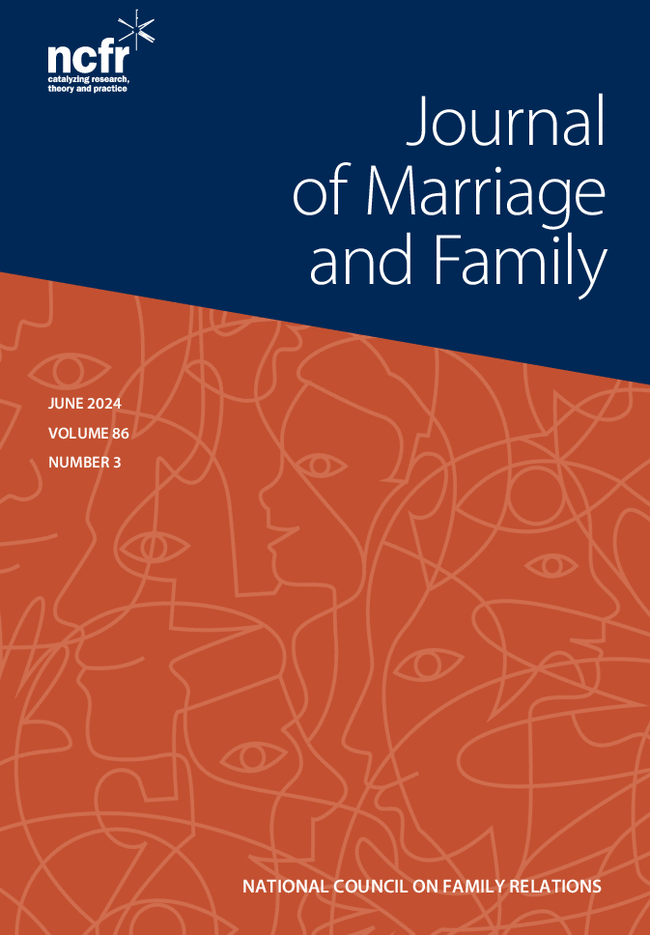The stickiness of unequal housework sharing: Limited effects of couples' ideological pairings
Abstract
Objective
The study aimed to investigate how couples' ideological pairings, defined as partners' joint attitudes toward gendered housework responsibilities, influence their division of housework.
Background
Drawing from gender structure theory and integrating sociological concepts of doing and undoing gender with economic resource theories, this study tested an interactional couple-level mechanism to predict changes in housework sharing. It was hypothesized that partners' ideological pairings would predict variation in housework sharing and moderate the relationship between changes in partners' relative economic resources and housework sharing.
Method
The sample of 3045 couples (followed for 11,674 couple years) was derived from the German Panel Study of Intimate Relationships and Family Dynamics. Growth curve models and fixed-effects panel regression were used to estimate housework-sharing trajectories based on couples' ideological pairings and to assess whether these pairings moderated the impact of changes in partners' relative earnings on housework sharing.
Results
Couples with joint egalitarian attitudes shared housework most equally, whereas those with joint traditional attitudes shared it most unequally. Couples with mismatched attitudes fell in between. Only joint egalitarian couples adjusted their housework sharing following significant changes in the partners' relative earnings, although the effect sizes were small.
Conclusions
Ideological pairings are instrumental in understanding the gendered division of housework and moderate how couples adjust to relative earnings changes. However, gender inequality in housework sharing remains relatively persistent within current gender structures.


 求助内容:
求助内容: 应助结果提醒方式:
应助结果提醒方式:


